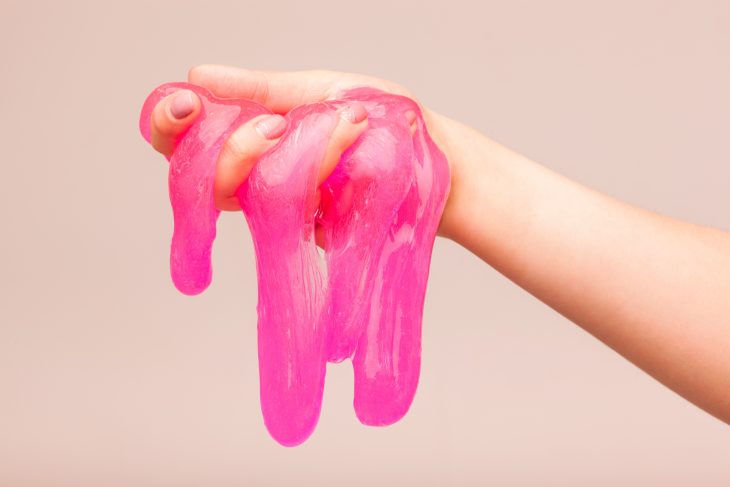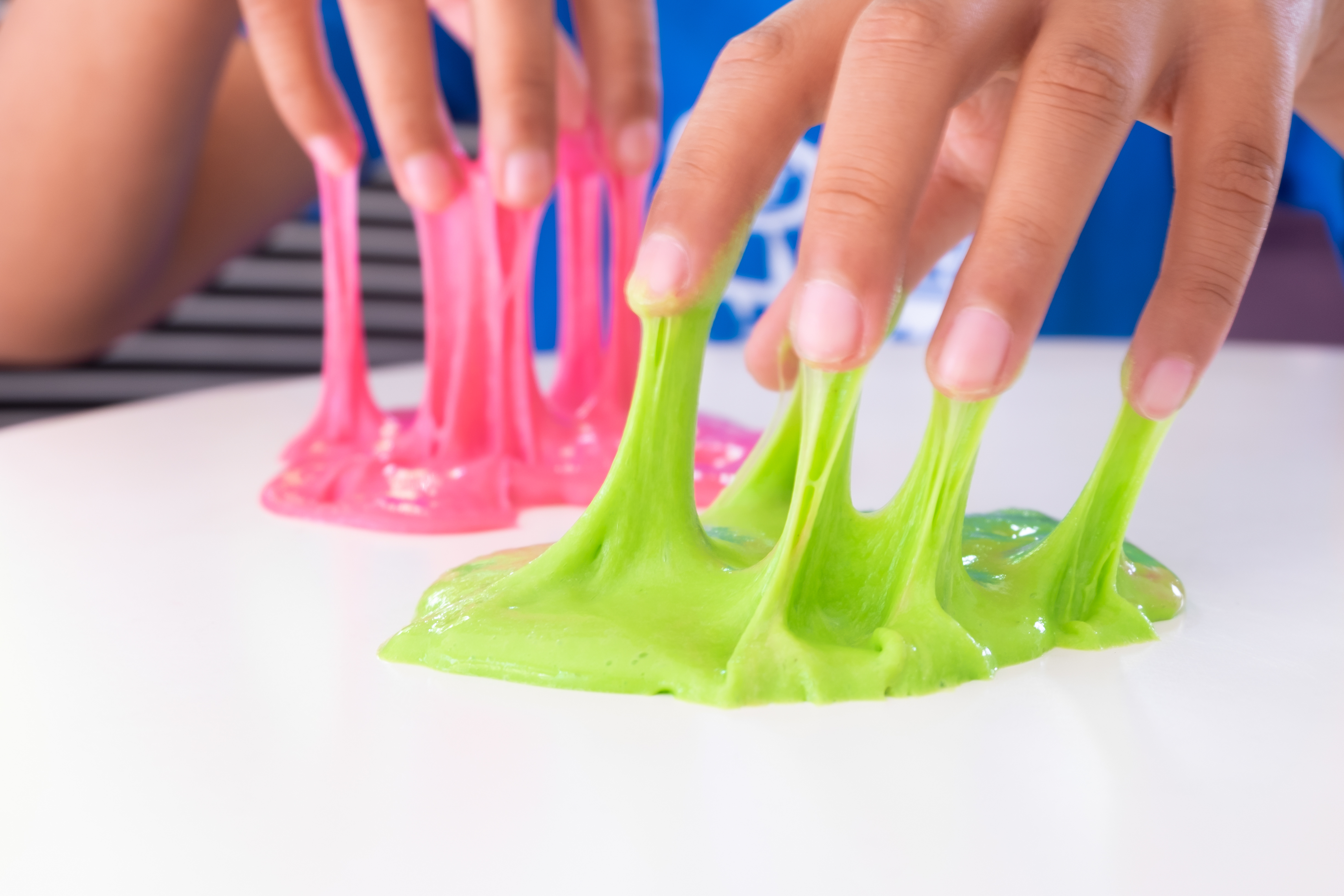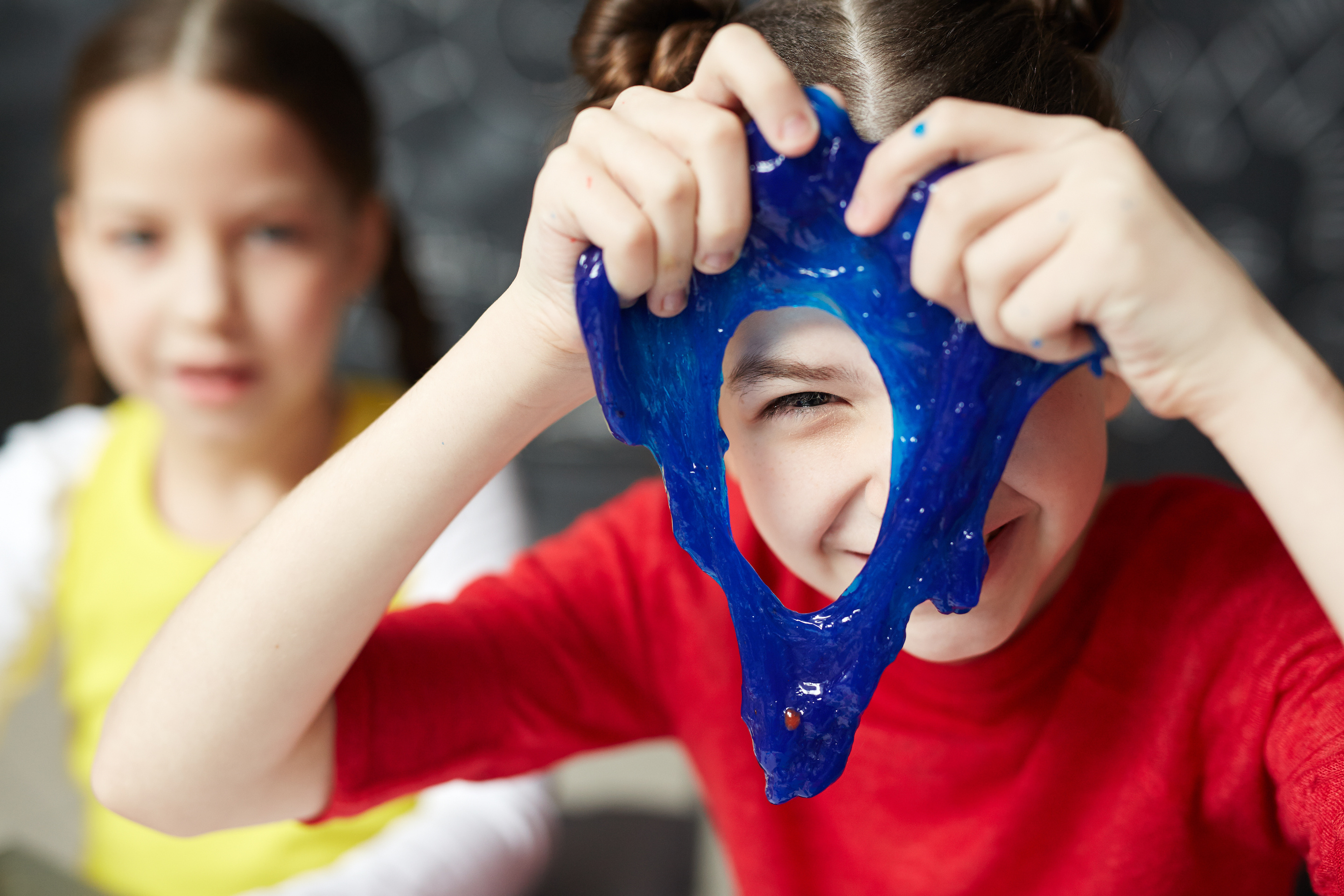
Slime has taken the world by storm, captivating the hearts and minds of people of all ages. Its gooey, stretchy texture and vibrant colors make it an irresistible toy and stress reliever. But did you know that slime is not only a source of entertainment but also a fascinating subject with its own unique fun facts? In this comprehensive article, we will dive into the captivating world of slime, uncovering intriguing facts about its history, composition, and the endless possibilities it offers for creative play. Get ready to discover the squishy wonders of slime!
Ancient Times
The earliest known versions of slime date back to ancient times. Ancient civilizations, such as the Greeks and Egyptians, used natural substances like mucus from snails or seaweed extracts to create sticky and slimy substances for various purposes.
Modern Era
Slime, as we know it today, gained popularity in the late 20th century. It started as a simple homemade toy made from household ingredients like glue, borax, and water. With the advent of the internet and social media, slime quickly became a viral sensation, with countless variations and recipes flooding the online world.
Commercialization
The popularity of slime led to its commercialization, with numerous companies producing and selling pre-made slime in a variety of colors, textures, and scents. Today, slime is not only a toy but also a collectible item and a creative outlet for DIY enthusiasts.
Polymeric Substance
The main ingredient in most slimes is a polymeric substance that provides its stretchy and squishy texture. Elmer’s glue, for example, contains polyvinyl acetate, which forms a polymer network when combined with other ingredients.

Activator
An activator is added to the glue to trigger a chemical reaction that transforms the liquid glue into a solid, stretchy material. Common activators include borax, liquid starch, saline solution, or contact lens solution containing boric acid.
Coloring and Additives
Slime can be customized with various coloring agents, such as food coloring or pigments, to create vibrant and visually appealing variations. Additionally, add-ins like glitter, foam beads, or scented oils can be incorporated to enhance the sensory experience.
Variety of Slime
Slime comes in a wide range of textures, colors, and scents. From fluffy slime to glitter slime, crunchy slime to magnetic slime, there is a type of slime to suit every preference. This variety adds to the excitement and appeal of playing with slime.
Tactile Stimulation
The tactile experience of touching and manipulating slime can provide a calming and soothing effect. The squishy texture can help relieve stress and anxiety, making it a popular tool for relaxation and sensory therapy.
Fine Motor Skills Development
Manipulating slime requires precise finger movements and coordination, which can contribute to the development of fine motor skills. Squeezing, stretching, and shaping slime can strengthen hand muscles and improve dexterity.
Slime as an Art Form
Slime has transcended its status as a toy and evolved into an art form. Many slime enthusiasts create mesmerizing videos showcasing their slime creations, incorporating vibrant colors, textures, and unique designs. Slime has become a medium for artistic expression and creativity.
Therapeutic Benefits
Slime has gained recognition for its therapeutic benefits. It can be used as a stress-relief tool, providing a soothing sensory experience that helps relax the mind and alleviate anxiety.
Slime’s Non-Newtonian Fluid Properties
Slime exhibits non-Newtonian fluid behavior, which means its viscosity can change under different conditions. It behaves like a liquid when poured or stretched slowly but acts like a solid when subjected to quick force or pressure.
World’s Largest Slime
In 2018, the world record for the largest slime was set in Manchester, UK. It weighed a whopping 11,000 pounds (5,000 kg) and measured 20 feet (6 meters) long. Imagine the squishy fun!
Slime as a Stress-Reliever
The tactile sensation of playing with slime has gained popularity as a stress-relief technique. Its squishy nature and rhythmic manipulation can help calm the mind and provide a sensory outlet for relaxation.
Slime’s Popularity on Social Media
Slime has become a sensation on social media platforms, particularly on Instagram and YouTube. Slime-related videos and accounts have garnered millions of followers, with enthusiasts showcasing their unique slime creations and engaging in ASMR-like sensory experiences.

Ingredients and Allergies
Be mindful of the ingredients used in slime recipes, especially if you or your child have known allergies. Some slime recipes may contain common allergens like glue or borax. Always read the ingredient labels and opt for hypoallergenic alternatives if needed.
Supervision for Young Children
Adult supervision is advised, especially for young children playing with slime. Ensure they do not put slime in their mouths or eyes and wash their hands thoroughly after playing.
Storage and Maintenance
Properly store slime in airtight containers to maintain its freshness and prevent it from drying out. Check the slime regularly for any signs of mold or deterioration and discard it if necessary.
Conclusion
Slime is not just a fun toy; it’s a fascinating subject with a rich history and unique properties. Its evolution from ancient times to the modern era reflects its enduring appeal. Whether you enjoy DIY slime-making or prefer the convenience of pre-made varieties, slime offers a sensory experience that engages the imagination and provides relaxation and stress relief.
So, next time you dive into a squishy, colorful batch of slime, remember the intriguing journey it has taken to bring joy and sensory delight into your hands!
Frequently Asked Questions (FAQs)
Is slime safe to play with?
Yes, slime is generally safe to play with. However, it’s essential to ensure that the ingredients used are non-toxic and that young children are supervised to prevent ingestion.
How can I make slime at home?
Making slime at home is a popular DIY activity. You can create slime using ingredients like glue, borax, water, and coloring agents. Numerous online tutorials and recipes are available to guide you through the process.
Can I add scents to slime?
Yes, adding scented oils or extracts can enhance the sensory experience of slime. Common scents include fruit, vanilla, lavender, and chocolate.
How do I clean slime from surfaces or fabric?
If slime gets on surfaces or fabric, it can be challenging to remove. To clean slime, start by scraping off as much as possible, then use warm soapy water and a sponge or cloth to gently rub the affected area. For fabric, pre-treating with stain remover before washing can help remove any residue.
Can slime dry out?
Yes, slime can dry out over time, especially if left exposed to air. To prevent drying, store slime in airtight containers when not in use. If slime does dry out, you can try adding a small amount of water or activator to restore its stretchy consistency.
Was this page helpful?
Our commitment to delivering trustworthy and engaging content is at the heart of what we do. Each fact on our site is contributed by real users like you, bringing a wealth of diverse insights and information. To ensure the highest standards of accuracy and reliability, our dedicated editors meticulously review each submission. This process guarantees that the facts we share are not only fascinating but also credible. Trust in our commitment to quality and authenticity as you explore and learn with us.
